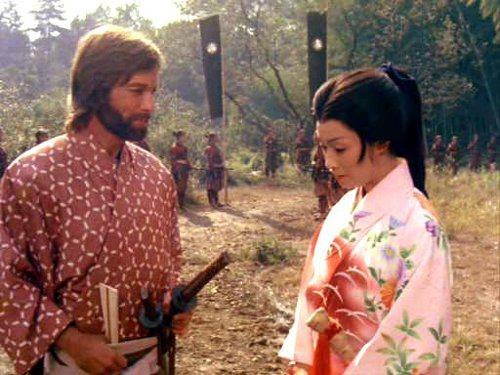
My parents have often talked about how, in 1980s communist Bulgaria, the streets would become deserted the moment Shogun came on. After hearing good reviews about the 2024 FX remake, we decided to watch it and immediately I was amazed by the soundtrack, which has an almost horror film-like quality to it. I found that the original Shogun soundtrack, composed by Maurice Jarre, was more flat and stereotypical, which I initially believed to be a result of the different styles of composition. However, after researching the new soundtrack, I found out that it is advancements in technology, which allow for this emotion-evoking soundtrack to be created.
For starters, it took Atticus Ross, Leopold Ross, and Nick Chuba, all proven professionals, two years to create the music for 10 episodes, which equates to bout 4 hours. Upon first hearing, the soundtrack has an epic feeling to it, which one would assume was achieved by recording a large orchestra, which includes less traditional instruments. The team spent months researching Gagaku, Japanese imperial music from feudal Japan, and with the help of Japanese-based musician Taro Ishida, recorded authentic Gagaku music throughout the country. In my opinion, what makes the soundtrack so special, is that it is essentially a compilation of unusual (to us, at least) sounds to create a harmonious piece, but without employing a symphony.
We essentially treated it more as horror, punctuating moments but allowing the [frequently graphic] visuals to drive [the scenes]” – Leopold Ross
https://variety.com/2024/artisans/news/shogun-composers-atticus-ross-leopold-1235942245/
Because the Ross brothers and Chuba did not want to create Japanese period music (exactly what makes the original Shogun soundtrack cheesy and dated), they took the authentic records and created a digital “pallet”, by heavily processing, resampling, and manipulating the audio. This way, their soundtrack would be in its core, Japanese, but less about time and place and more about feeling and psychology. The electronically created soundscape is peppered with classic Japanese sounds, aided both by analog and digital devices.
wanted it to be less about place and period and more about scale and psychology. Not only the psychology of the characters but also the psychology of the audience. We felt that if you did go the traditional Japanese route, the audience would feel very comfortable. When the Erasmus washes up on the shores of Japan, we wanted the audience to feel this incredible kind of wonder and unease that the crew feels ” – Leopold Ross
https://variety.com/2024/artisans/news/shogun-composers-atticus-ross-leopold-1235942245/
